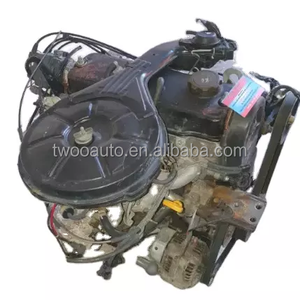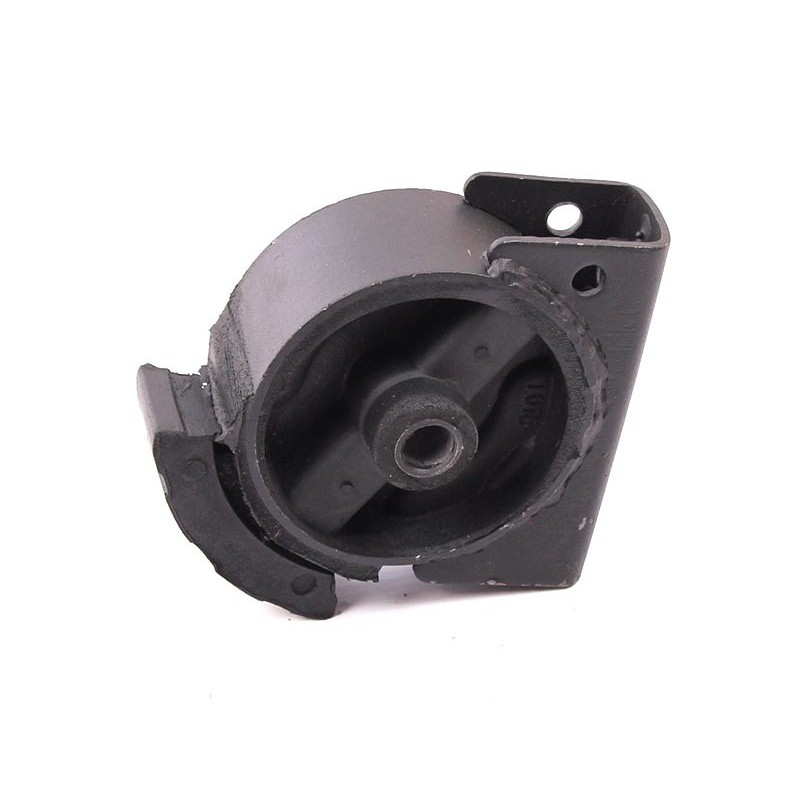Transform Your Car: Toyota Tazz Engine for Sale at Unbeatable Prices
Transform Your Car: Toyota Tazz Engine for Sale at Unbeatable Prices
Blog Article
Engine Purchasing Professional Tips on Choosing the Right Engine for Your Details Needs
Picking the ideal engine for your particular needs entails an intricate interaction of elements that go beyond plain horsepower figures. By diving right into the complexities of power versus efficiency, reviewing gas ratings, and budgeting for lasting expenses, one can truly maximize their engine choice.
Power Vs. Efficiency: Locating the Balance

When selecting an engine, it is essential to strike a balance in between power and effectiveness to meet your specific needs efficiently. Power describes the engine's capacity to create energy for propulsion, determining variables like acceleration, pulling capacity, and overall efficiency (Toyota Tazz Engine For Sale). On the other hand, performance relates to just how well the engine uses fuel to create power, affecting variables such as gas economic climate and environmental kindness
Achieving the best equilibrium between power and efficiency is crucial since an engine that is too powerful might consume too much fuel, causing higher operating prices and unnecessary pressure on the atmosphere. Conversely, an engine that focuses on efficiency over power may lead to sluggish efficiency, especially in requiring scenarios like hauling hefty lots or driving uphill.
To make an educated choice, think about elements such as your typical driving problems, the designated usage of the automobile, and your personal choices. By assessing your top priorities and requirements, you can choose an engine that strikes the excellent balance between power and performance, ensuring optimum performance while lessening ecological influence and operating costs.
Comprehending Engine Dimension and Kind

Furthermore, engine kind plays a crucial role in identifying the performance qualities of an engine. Typical engine types include inline engines, V engines, and rotary engines, each with its unique advantages and drawbacks. The engine type influences aspects such as the engine's dimension, weight circulation, and power shipment. Comprehending the interplay between engine size and kind is crucial in choosing an engine that lines up with your particular needs and priorities, whether it be power, efficiency, or an equilibrium of both.
Consider Your Car's Needs
Considering your automobile's needs is a basic step in the engine option process to make certain optimal efficiency and functionality. It is important to review elements such as the planned use the car, its weight, towing ability, and fuel effectiveness needs. If you are looking for an engine for a durable vehicle that will certainly be utilized for towing, you will certainly require a powerful engine with high torque abilities. On the various other hand, if you are selecting an engine for a compact automobile mainly utilized for city travelling, fuel effectiveness might be a more important factor to think about.

Reviewing Gas Performance Scores
Evaluating gas performance rankings is a crucial aspect of picking the appropriate engine for your automobile, making certain price financial savings and ecological sustainability. Fuel efficiency rankings, commonly gauged in miles per gallon (MPG) for gas engines or kilowatt-hours per 100 miles (kWh/100 miles) for electric engines, show just how far a car can take a trip on a details amount of fuel or electricity. Greater MPG or lower kWh/100 miles values indicate a lot more effective engines, translating to minimized fuel costs and lower carbon exhausts.
When assessing gas effectiveness scores, consider your driving requirements and routines. If you commute fars away daily, a very fuel-efficient engine can lead to considerable financial savings over time. Additionally, contrast different engine choices within the same lorry class to determine one of the most cost-effective option. Aspects such as engine dimension, weight, aerodynamics, and crossbreed or electrical capabilities can all affect fuel efficiency.
Budgeting for Long-Term Prices
Strategically preparing for long-lasting costs is vital when selecting YOURURL.com an engine, making certain monetary sustainability over the lorry's lifespan. While the first purchase price of an engine is a significant variable, it is critical to take into consideration the long-term expenses linked with upkeep, repairs, and fuel intake.
Moreover, researching the schedule and price of substitute parts for the selected engine is crucial in spending plan preparation. Engines with conveniently available and inexpensive parts can considerably affect long-term upkeep expenditures. Additionally, considering the engine's resilience and expected life-span can aid avoid unforeseen replacement costs in the future. By meticulously budgeting for these long-lasting costs and factoring them into the decision-making procedure, people can select an engine that not only fulfills their instant needs he said but also stays affordable throughout its life expectancy.
Final Thought
Finally, picking the ideal engine for your specific needs needs stabilizing power and effectiveness, understanding engine dimension and type, considering your vehicle's needs, assessing fuel performance ratings, and budgeting for long-term prices. By thoroughly taking into consideration these elements, you can guarantee that you pick an engine that fulfills your needs and gives optimal performance for your car.
To better improve the option process of an engine that strikes the ideal balance between power and efficiency, it is crucial to dig into the details of recognizing engine size and kind. Engine size refers to the complete volume of air and gas that can be pressed via the engine cylinders. Usual engine kinds consist of inline engines, V engines, and rotary engines, each with its one-of-a-kind advantages and disadvantages. Recognizing the interplay between engine dimension and type is crucial in choosing an engine that lines up with your details demands and top priorities, whether it be power, effectiveness, or an equilibrium of both.
Fuel efficiency rankings, usually determined in miles per gallon (MPG) for fuel engines or kilowatt-hours per 100 miles (kWh/100 miles) for electric engines, suggest just how much a car can take a trip on a find more info specific amount of gas or electrical power.
Report this page